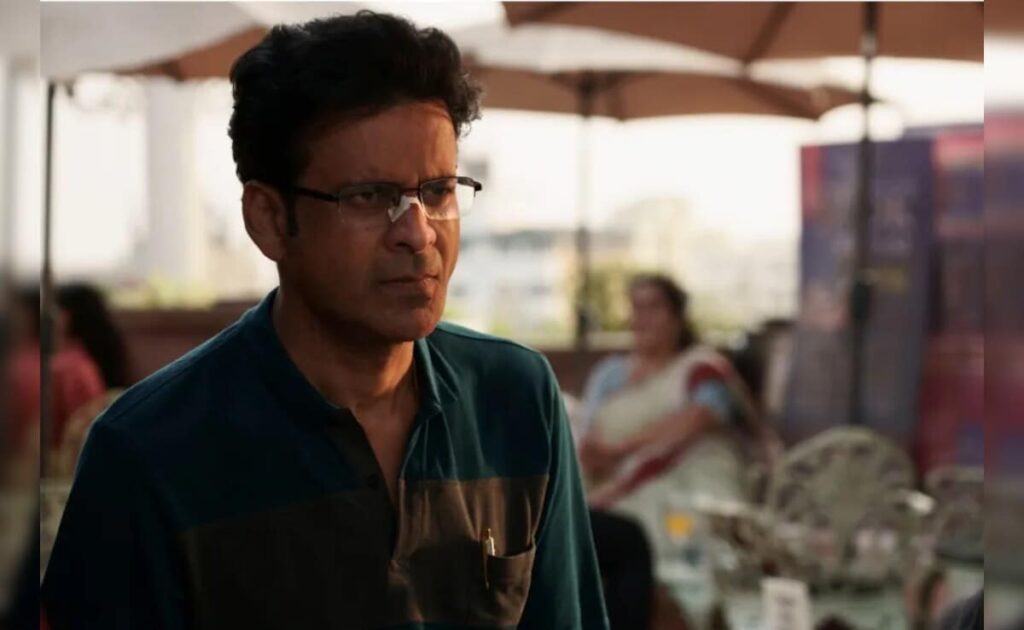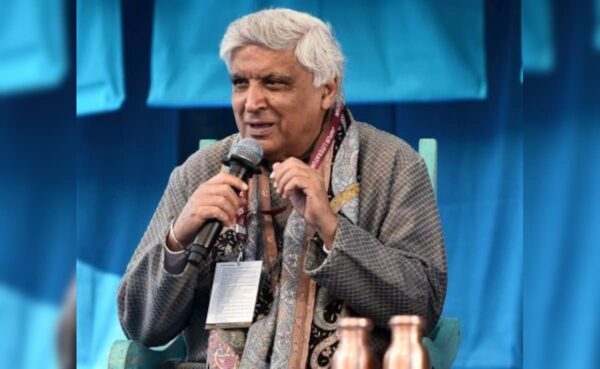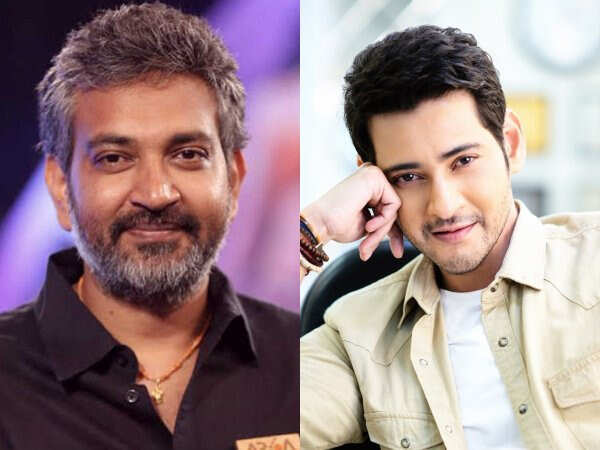Despatch Review: If You’ve Had Enough Of The Mayhem Perpetrated By Pushpa 2, This Is The Film For You
5 min read
Despatch Review: It is a solid and pointed probe into a profession in crisis and a life in the doldrums.
Two early scenes in Despatch provide a foretaste of the complexities that are about to assail the life of crime reporter Joy Bag (Manoj Bajpayee). In the first, he returns home from a long day at work to find wife Shweta (Shahana Goswami) merrily partying with friends. One of the guests, drunk to the gills, tries to forcibly feed him a pizza. Joy snaps and storms out of the house.
In the other sequence, the protagonist gets into a punch-up with a small-time gangster who he tries to pin down and extract information from. The criminal is nabbed by a cop but not he has given the investigative journalist a bloodied nose.
It is apparent that nothing is a cakewalk for the brooding newshound, be it at home or in the larger world that he inhabits and works in. Both are in the throes of profound transition. A changing media landscape is mirrored by Joy’s on-the-brink marriage.
As the business of news dissemination goes digital and his newspaper changes hands, the seasoned print media pro is determined not to let the shift render him irrelevant. He commits himself to producing two scoops in one go – one pertaining to the daylight murder of a currency smuggler, the other to a scam involving a shadowy corporate entity.
On the personal front, too, Joy is on the cusp of a break from the past. His marriage has all but collapsed – wife Shweta has not given up, though – and he plans to move in with Prerna Prakash (Arrchita Agarwal), an editorial collaborator on his upcoming book. But that is easier said than done. The divorce negotiation poses inevitable challenges as does as his and his girlfriend’s hunt for an apartment.
Despatch, directed by Kanu Behl from a screenplay jointly written by him with Ishani Banerjee, is a slow-burn crime drama. It is also a razor-sharp character study. Its pace is a tad ponderous but its probe into the dynamics of newsgathering in an environment vitiated by greed and malfeasance is potent and riveting.
In the process of examining the nature and scope of a financial scandal that Joy Bag is out to unearth, Despatch also tackles corporate corruption, media complicity and the plight of an uncompromising journalist on the trail criminals big and small.
The tonally subdued Despatch, produced by Ronnie Screwvala and streaming on Zee5, has its share of cops and gangsters but it is focused on issues that make it infinitely more complex than a neo-noir thriller usually is. It does not pull off the sort of bang-up job that Bahl’s Titli and Agra did, but it is still a solid and pointed probe into a profession in crisis and life in the doldrums.
Joy, a flawed man in danger of mutating from observer to victim, from pursuer to pursued, descends with his eyes wide open into a murky world where knowing too much can spell trouble. His halcyon years are behind him. The ecosystem in which he thrived has gone out of existence. What he sees, hears and learns in the line of duty is no longer a shield against danger to life and limb.
He ferrets for riddles that lie buried under layers of falsehood and mendacity but slips deeper and deeper into confusion and disarray. “Main khali journalist hoon (I am only a journalist),” he says when he is warned that he may have bitten off more than he can chew.
Joy’s feeble, hapless protestation harks back to another era in which the line that separated a dispassionate reporter from an active participant was far more pronounced.
In his bid to unmask the mysterious owner of a shadowy corporate entity, he enlists the help of single mother, Noori Rai (Rii Sen), a one-time; who has evolved into a hardboiled, independent-spirited journalist with enviable contacts in the underworld.
Joy needs all the help that he can get because he is up against secret tapes and stolen files, telecom spectrum and T20 cricket league scams, a network of shell companies in tax havens and high-profile fugitives calling the shots from their hideouts in different parts of the world.
In this universe, information is the strongest currency, a failproof source of power. But the balance has shifted well away from those that seek to decipher the narrative for the common good to those who control it for personal benefit.
The film explores the intersection of a journalist’s search for truth and the impact of the reality that he is a witting or unwitting part of. In this regard, Despatch is not unlike Behl’s previous two films. Titli probes the effects of lopsided urban expansion on a family looking for ways to survive on the fringes of an ever-growing city.
Agra deals with a young man’s onerous quest for a space of his own in a hostile milieu. Joy Bag’s struggle is also for space but in a metaphorical sense. In Mumbai’s criminal underworld whose misdeeds he has covered for years, he labours to hold on to what he has earned with a lifetime of work.
Bajpayee, a past master of the art of restraint, is as sturdy an anchor as any film has ever had. His performance is flawless. It is measured to perfection, down to the minutest of expressions and gestures. Playing a conflicted individual whose private life is as snarled as the stories he pursues he fleshes out a figure who astounds, intrigues and evokes empathy.
Shahana Goswami as the journalist’s estranged wife, Arrchita Agarwal as the girlfriend and Rii Sen as an investigative reporter who lives life on her own terms deliver terrific supporting acts that serve to reveal the male protagonist’s innate strengths and failings.
The state of Joy’s life as well as the approach of the film are best encapsulated by a shot of him through a glass partition. We see him and his shadow on the wall behind him in what resembles a wobbly, near-opaque haze. What Siddharth Diwan’s camera does in this particular moment of Despatch is exactly what the director seeks to do with the film as a whole.
Behl crafts the film in a manner that does not spell out Joy’s compulsions, predicaments and impulses in bold relief. And that, more than anything else makes Despatch a deft chronicle of a slow death foretold – of a doughty man and the brand of journalism he has built his career around.
If you’ve had enough of the mayhem perpetrated by Pushpa, Despatch is the film for you.







